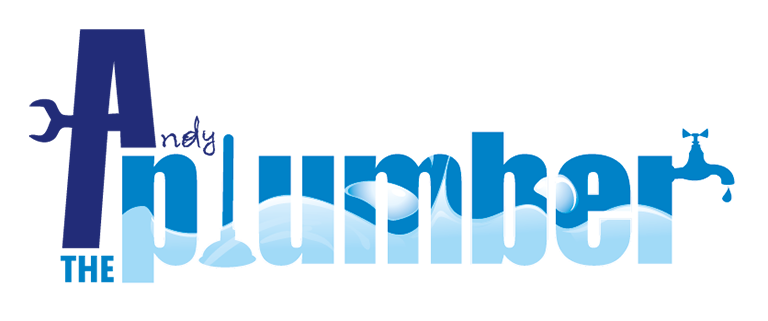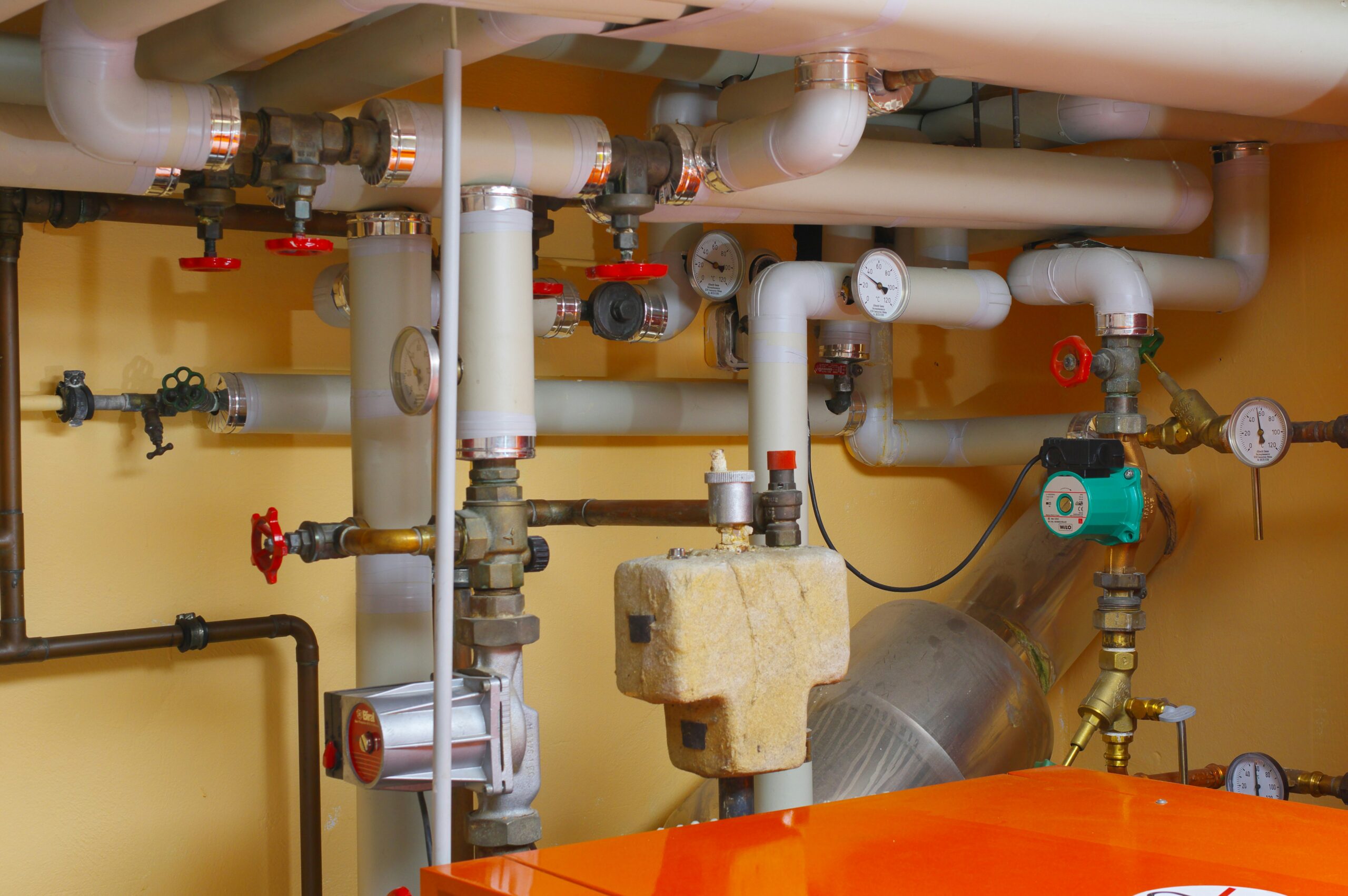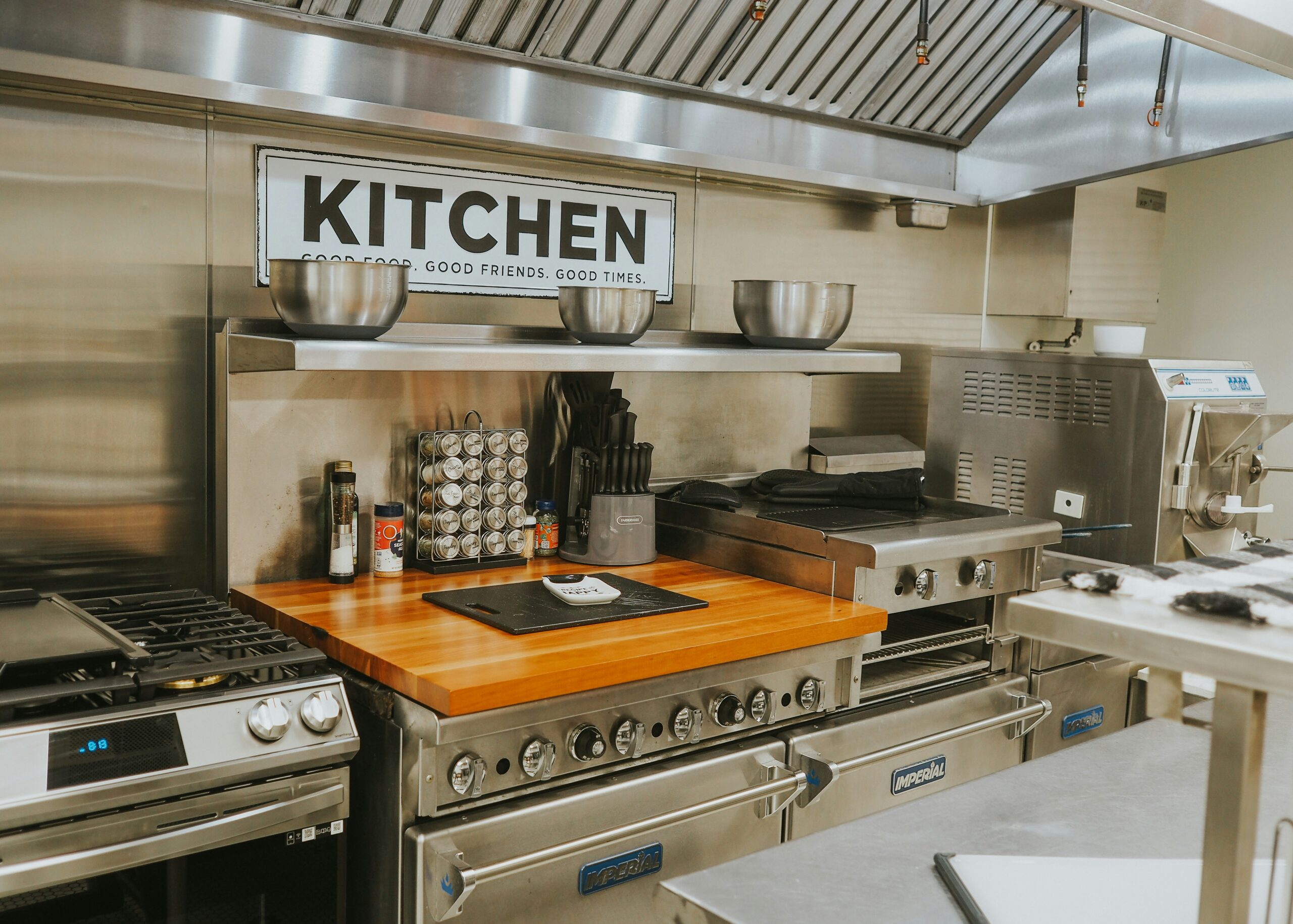When plumbing issues strike, swift action is critical to minimize damage and costly repairs. Homeowners in Stapleford, Nottingham, and across the East Midlands often encounter warning signs that something is seriously wrong with their plumbing system. This article examines common indicators—burst pipes, water leaks, sewer backups, gas leaks, and low water pressure—that demand immediate professional attention. Issues in any component, whether a stubborn flush toilet or a leaking water heater, can lead to water damage, structural problems, and health hazards. Professional plumbers, Gas Safe registered and experienced in both residential and light commercial plumbing, advise against delay. Prompt action reduces repair costs, prevents flooding, and maintains the safety and value of your home.
Each section below explains one warning sign with its visible, audible, or sensory indicators and potential causes. The discussion includes troubleshooting tips, safety precautions, and guidance on when to contact an emergency expert. Tables and FAQ provide practical insights, empowering homeowners and landlords to identify and address urgent plumbing problems for prompt repair and peace of mind.
Transitioning from general guidance to specific signs, the following sections detail various plumbing emergencies and the immediate steps to take.
What Are the Most Common Signs of a Burst Pipe Requiring Emergency Repair?
A burst pipe typically manifests with visible flooding, loud hissing or gushing sounds, and sudden drops in water pressure. Homeowners may see large pools of water in unexpected areas or notice water stains on ceilings and walls. These signs indicate that a pipe under pressure has failed and require immediate attention since continued leakage can lead to structural damage and mould formation.
How Can I Identify Visible and Audible Signs of a Burst Pipe?
Visible signs include rapid water pooling, moisture marks on walls and ceilings, and damp patches near pipes. Additionally, hissing or gushing sounds during normal water use may signal high-pressure water escaping through a break or crack. Unusual vibrations or changes in water flow from fixtures like sinks and toilets are also important cues. Document these signs with photos to assist the professional plumber in diagnosing and repairing the issue rapidly.
What Causes Burst Pipes and Why Do They Require Immediate Action?
Burst pipes can result from extreme temperature changes, corrosion from age or chemicals, and increased pressure due to blockages. In winter, freezing water expands and may crack a pipe, while heavy summer usage can expose weaknesses in aging systems. Because burst pipes rapidly release large volumes of water, they compromise property integrity and pose hazards like electrocution or structural collapse. Immediate action stops the flow and minimizes subsequent damage such as ruined insulation, warped flooring, or mould growth.
What Should I Do Immediately When I Suspect a Burst Pipe?
Immediately turn off the main water supply to limit the damage. Locate and close the shut-off valve quickly to prevent flooding. If safe, drain any remaining water from the system to reduce pressure on the damaged section. Contact an experienced plumber without delay, as even a few extra minutes can lead to costly repairs. Also, document the damage with photos for insurance purposes and ventilate the area to help prevent mould growth.
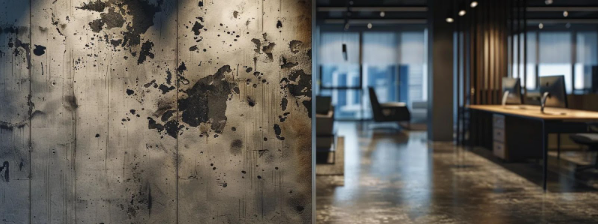
How Do I Recognize a Water Leak That Needs Urgent Professional Help?
Water leaks, whether visible or hidden behind walls, often cause significant damage over time. An unusual increase in your water bills, damp spots, or softened flooring can be early indicators. Even a small leak, if unnoticed, can weaken structural components and promote mould and mildew growth—thus early detection is essential.
What Are the Key Indicators of Hidden and Visible Water Leaks?
Visible leaks are evidenced by water pooling, ceiling discoloration, and drips from pipes. Hidden leaks may reveal themselves through a musty odour, warped walls, or unexplained damp patches. An unexpected surge in water usage that shows on your utility bill is another important indicator. Regular inspections of areas prone to moisture, such as under sinks, near water heaters, or in basements, can help detect problems early.
How Can Water Leaks Lead to Serious Damage if Left Untreated?
If unattended, water leaks deteriorate building materials and encourage mould and mildew that harm indoor air quality. Constant moisture can damage drywall, flooring, and even the foundation, while also posing electrical hazards if water contacts wiring or appliances. Over time, these leaks can lead to costly repairs and lower property values, making prompt detection and professional repair essential.
When Should I Call a Plumber for Water Leak Detection and Repair?
Call a plumber as soon as you notice any signs of a water leak, particularly in hard-to-reach areas. A sudden spike in your water bill, persistent damp patches, or water stains all indicate the need for professional detection. Equipped with tools like infrared cameras and moisture meters, a qualified plumber can locate even hidden leaks before extensive damage occurs.
What Are the Warning Signs of a Sewer Backup That Require Immediate Attention?
Sewer backups expose your home to untreated wastewater, posing serious health risks and property damage. Warning signs include foul odours, gurgling sounds from drains, and clogged or slow drainage across multiple fixtures. Because sewer backups carry harmful pathogens and bacteria, they are both unsightly and hazardous.
How Can I Detect Symptoms of a Sewer Backup Early?
Monitor your entire plumbing system for changes such as persistent slow drainage and gurgling sounds, especially if several drains are affected. Unpleasant odours emanating from drains or toilets and dark stains near fixtures may also hint at an emerging backup. Regular inspections and prompt professional advice at the first sign of trouble are critical to prevent a major issue.
What Health and Property Risks Are Associated With Sewer Backups?
Sewer backups can expose residents to bacteria, parasites, and viruses in the wastewater, increasing the risk of infections and respiratory problems—especially for children, the elderly, or those with pre-existing conditions. In addition, the corrosive wastewater can damage plumbing fixtures and building materials, leading to expensive repairs. Immediate professional intervention minimizes these risks and prevents long-term damage.
What Emergency Steps Should I Take During a Sewer Backup?
To mitigate a sewer backup, avoid using water-containing appliances to hinder backflow and cross-contamination. Shut off water sources immediately and ventilate the affected area to disperse odours and harmful gases. Contact a professional plumbing service specializing in sewer backup remediation, as cleanup requires expert handling of hazardous wastewater.
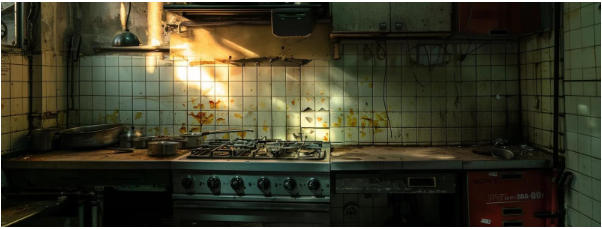
How Can I Tell if I Have a Dangerous Gas Leak That Needs Urgent Professional Help?
Dangerous gas leaks, often caused by damaged pipelines or faulty appliances, are emergencies that require immediate attention. Key indicators include the smell of rotten eggs, hissing sounds near gas lines, and physical symptoms such as dizziness or headaches. Gas leaks are highly explosive and present serious risks to both occupants and property.
What Are the Common Signs and Smells Indicating a Gas Leak?
A sulphur-like odour, reminiscent of rotten eggs, indicates a gas leak as this scent is added to natural gas for detection. Other signs include hissing sounds from around gas appliances or pipelines and, occasionally, bubbles in standing water near the leak. Physical symptoms like nausea, dizziness, or headaches among family members can further point to a gas leak. Immediate evacuation and calling emergency services are crucial.
Why Are Gas Leaks Extremely Hazardous and Require Fast Response?
Gas leaks are hazardous because they create an explosive atmosphere that can lead to fires or explosions if ignited. Inhaling gas may rapidly cause loss of consciousness, respiratory distress, or even carbon monoxide poisoning. Even a small leak can escalate quickly, so professional expertise with proper tools and protocols is essential to safely repair the problem and prevent disaster.
What Should I Do Immediately if I Suspect a Gas Leak?
If you suspect a gas leak, evacuate the home immediately—avoid using electrical switches or open flames. Once safely outside, contact your gas provider or emergency services. Do not re-enter the building until professionals declare it safe. Notify neighbours if necessary to safeguard the surrounding area.
When Does Low Water Pressure Signal a Plumbing Emergency?
Low water pressure, though it might seem like a minor inconvenience, can indicate significant plumbing issues such as clogs, blockages, leaks, or system failures. Causes include deteriorating pipes, sediment buildup, or malfunctioning pressure regulators. Early detection of low water pressure helps prevent costly damage to your plumbing infrastructure.
What Causes Sudden Drops in Water Pressure That Need Professional Fixing?
Sudden drops in water pressure often result from mineral buildup or debris in the pipes, corrosion, or leaks that reduce flow capacity. Malfunctioning pressure regulators or changes in municipal supply can also contribute. These issues signal underlying problems that usually worsen over time unless diagnosed and repaired by a professional plumber.
How Can Low Water Pressure Affect Home Plumbing Systems?
Consistently low water pressure affects the performance of appliances like showers, sinks, and dishwashers, and can lead to inefficient cleaning and increased utility bills. It also strains pumps and other plumbing components, accelerating wear and tear. Over time, this may result in increased repair costs and water damage. Prompt professional evaluation is necessary to prevent broader system failures.
When Is It Time to Call a Plumber for Low Water Pressure Issues?
If you notice a noticeable drop in water pressure across multiple fixtures, or if troubleshooting does not restore normal pressure, call a plumber immediately. Sudden, persistent low pressure or accompanying unusual sounds and leaks are clear signs that professional intervention is needed to diagnose and rectify the problem.
How Can I Troubleshoot No Hot Water as a Sign of an Urgent Plumbing Problem?
No hot water is often more than just an inconvenience—it can indicate urgent problems with your plumbing or heating system. Causes include a malfunctioning tankless water heater, thermostat issues, or failure of the heating element. While some troubleshooting steps can resolve minor problems, a persistent lack of hot water usually signals a deeper mechanical or electrical fault that requires professional attention.
What Are the Common Causes of No Hot Water That Require Immediate Repair?
Common causes include a broken heating element, faulty thermostat, or sediment buildup inside the tank. Other issues, such as tripped circuit breakers or damaged wiring, may also stop hot water production. Besides discomfort, these issues can indicate deteriorating infrastructure that might eventually lead to accidents or extensive damage if not repaired promptly.
How Can I Perform Basic Checks Before Calling a Professional?
Before contacting an emergency plumber, perform basic checks: inspect the circuit breaker for trips, verify that the thermostat is correctly set, and look for signs of leaks or corrosion around the water heater. Although these steps can sometimes resolve the issue, persistent problems or a complete loss of hot water warrant prompt professional evaluation to diagnose and fix the underlying fault.
When Should I Contact an Emergency Plumber for Hot Water Issues?
If basic troubleshooting fails to restore hot water or if the problem persists over several days, contact an emergency plumber immediately. The absence of hot water not only disrupts daily routines but also indicates potentially serious internal issues. Professional intervention can quickly diagnose and repair any electrical or mechanical failures, ensuring your system returns to proper operation.
What Are the Essential Emergency Plumbing Steps to Take Before Help Arrives?
In any plumbing emergency, knowing the correct initial steps can significantly limit water damage and repair costs. Before help arrives, it is important to secure your property by shutting off the main water supply, isolating affected areas, and taking temporary measures to drain excess water.
How Do I Shut Off Water Supply Quickly in an Emergency?
Locate and close the main water stopcock or valve—typically found near your water meter or in a utility area like a basement or garage—to immediately stop additional water from surging through damaged pipes. Familiarize yourself with the valve’s location during routine maintenance so you can shut it off quickly when needed.
What Safety Precautions Should I Follow During Plumbing Emergencies?
Safety is paramount. Avoid direct contact with water if there is a risk of electrical hazards by using gloves and protective footwear. Be cautious of slippery surfaces caused by leaks, and alert other household members. Additionally, ventilate enclosed spaces to prevent the buildup of harmful gases, especially during sewer backups or gas leaks.
How Can I Minimize Water Damage While Waiting for Professional Help?
After shutting off the water, contain the damage by using towels, buckets, or temporary barriers to control the flow from leaks or burst pipes. Remove valuable items from the affected area and use fans or dehumidifiers to aid in drying surfaces. Document the incident with photographs for insurance purposes, reducing the overall repair cost until a professional can perform a thorough inspection and permanent repair.
| Issue | Immediate Action | Potential Damage | Professional Tool |
|---|---|---|---|
| Burst Pipe | Shut off main water, drain system | Structural water damage, mould | Pressure gauge, pipe clamp |
| Hidden Leak | Monitor water bill, inspect damp areas | Wall decay, insulated damage | Infrared camera, moisture meter |
| Sewer Backup | Stop water use, ventilate area | Health hazards, bio-contamination | Sewer camera, extraction tools |
| Gas Leak | Evacuate, call emergency services | Explosions, poisoning | Gas detector, shut-off valve |
| No Hot Water | Check circuit breakers, thermostat | Appliance damage, discomfort | Multimeter, thermal sensor |
Frequently Asked Questions
Warning signs include sudden water pooling, unusual sounds, foul odours, or a significant drop in water pressure. These symptoms, especially when coupled with a spike in utility bills or visible water damage, indicate that your plumbing system may be compromised and needs immediate professional inspection.
Turn off the main water supply immediately to stop the flow, drain any remaining water, and document the damage with photos. Then, contact an emergency plumber and, if possible, move valuables away from the impacted area.
Sewer backups expose your home to untreated wastewater containing harmful bacteria and pathogens. This biohazard can damage property and pose serious health risks, making professional remediation essential.
The distinct rotten egg smell, hissing sounds near gas lines, and physical symptoms such as dizziness or nausea are common indicators. Immediate evacuation and contact with emergency services are vital if a gas leak is suspected.
While initial checks like inspecting circuit breakers or verifying thermostat settings can sometimes help, persistent or complete loss of hot water usually indicates a deeper mechanical or electrical failure. In these cases, a professional plumber is necessary for accurate diagnosis and repair.
5 Urgent Signs of a Plumbing Emergency That Demand Professional Help
Immediate attention to signs such as burst pipes, water leaks, sewer backups, gas leaks, and low water pressure is essential for maintaining plumbing integrity and ensuring home safety. Homeowners should not delay addressing these issues, as prompt professional intervention can prevent extensive repairs and health risks. By following these emergency steps and recognizing common warning signs early, residents in Stapleford and the East Midlands can protect their investments and maintain a safe living environment. Trust in experienced, Gas Safe registered professionals is the best way to secure long-term plumbing health and peace of mind.
